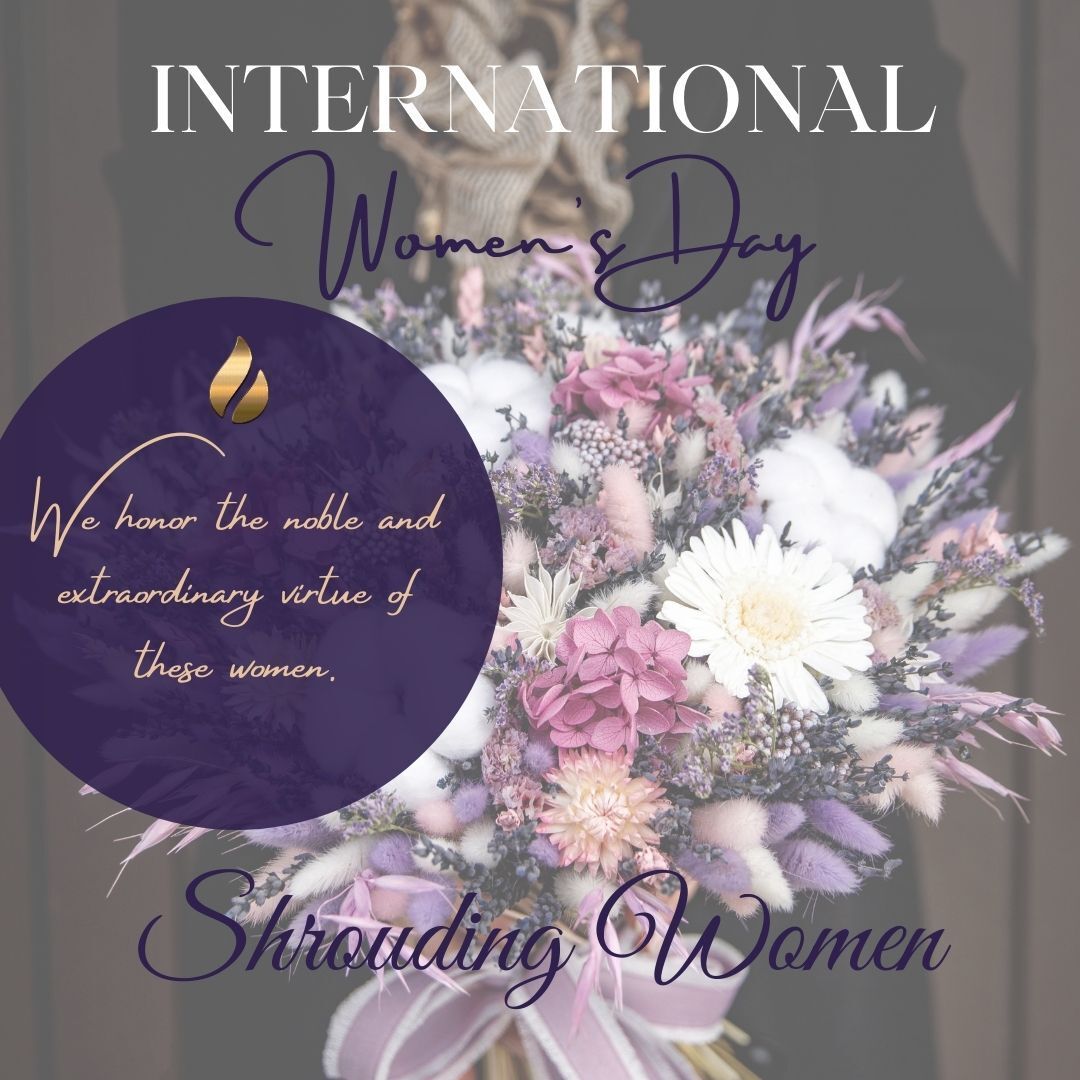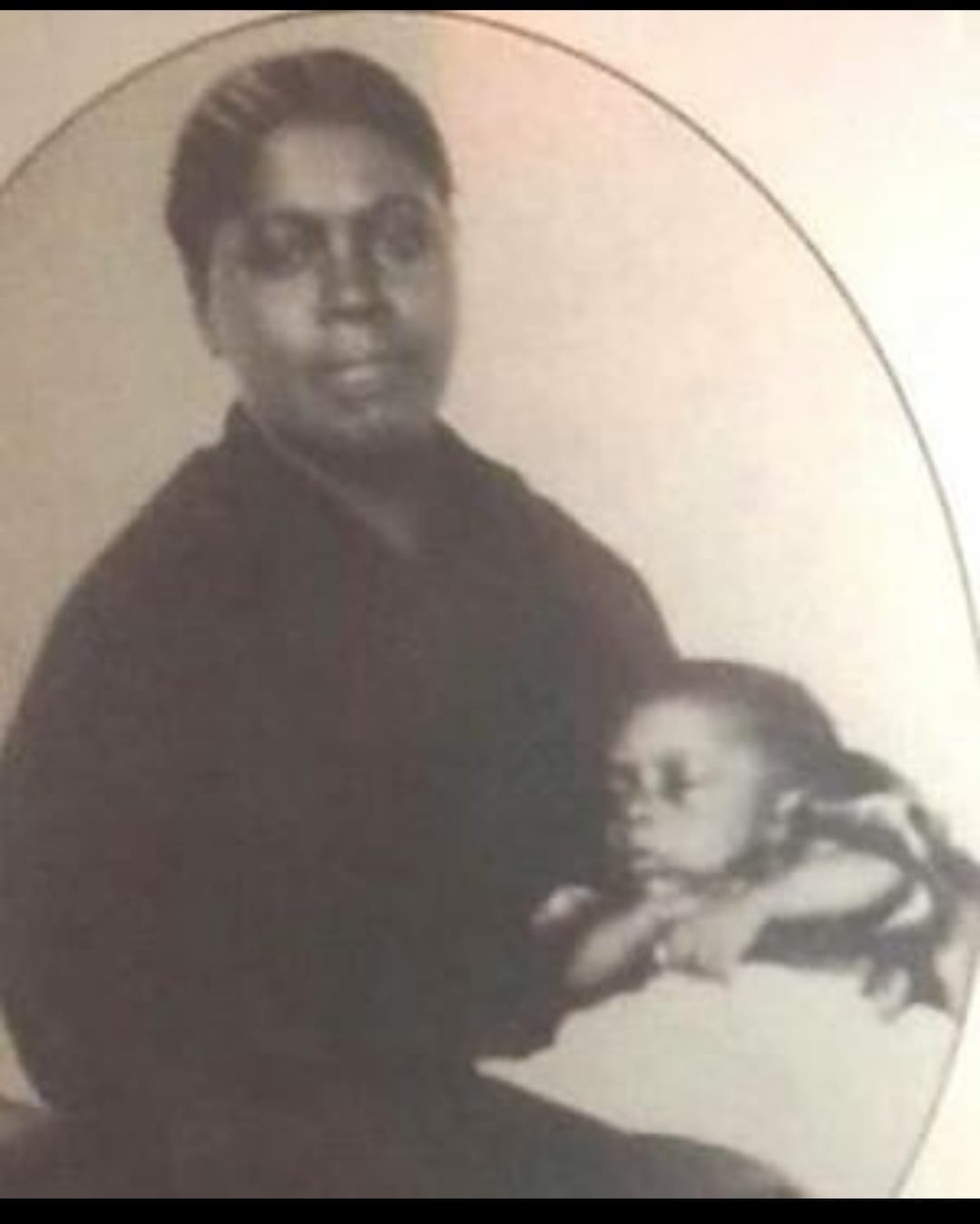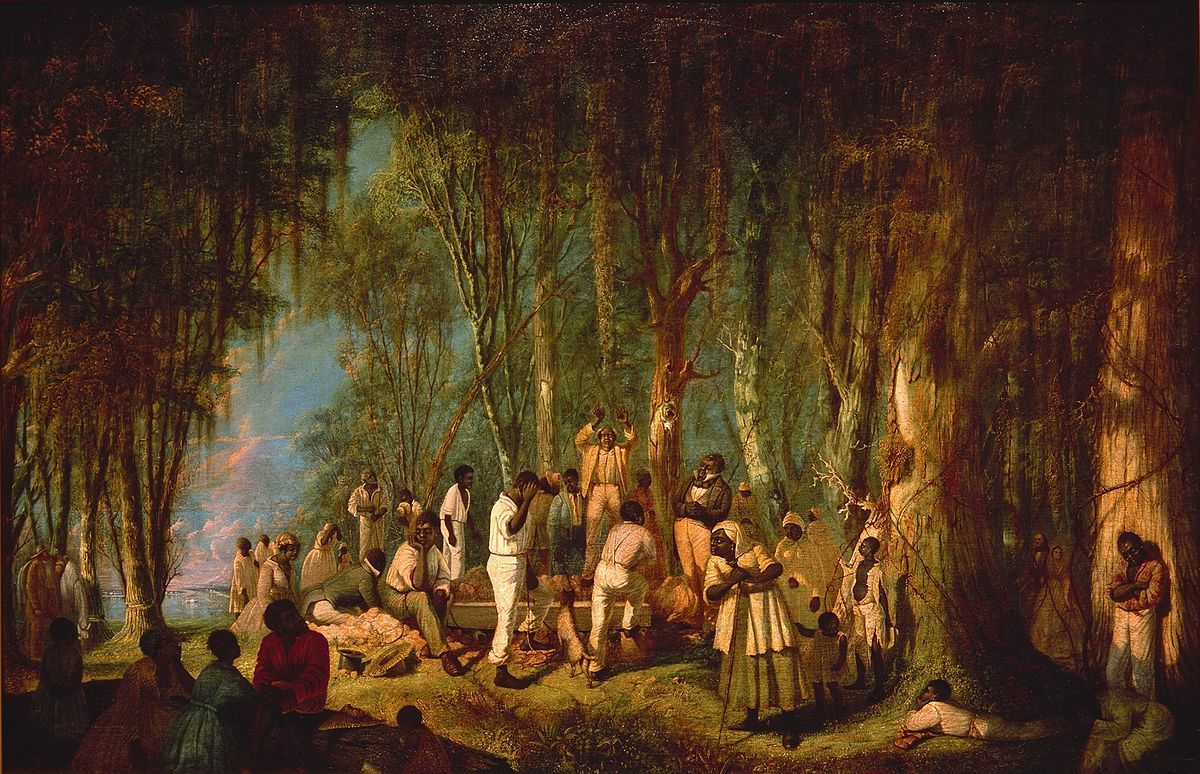Homegoing
February 3, 2021
Home-going is a traditional African American, Christian funeral practice, it’s long legacy, dates to slavery. During slavery, captives were not allowed to gather to perform any kind of ritual for burying the dead because slave owners were afraid their slaves would incite a riot against them. In 1680, colonial legislators asserted that “the frequent meetings of considerable numbers of Negro slaves under the pretense of…burials is judged dangerous.” And moved to institute a strict pass and patrol system. Laws provided additional clues to mortuary practices and reveal Europeans’ attempt to shape and to control African customs. A 1722 law, for instance, suggests that New York Africans buried their dead at night, a practice that likely reflected the difficulty of finding time during the day to engage in sacred practices. In any case, night burials with their attending “mummeries and outcries” alarmed owners who feared that the potential for conspiracy existed (New York City Common Council 1905:3:296). Hence, the council passed a 1722 law to regulate the burial of “all Negroes and Indian Slaves that shall die within this corporation on the south side of the Fresh Water,” restricting burials to daylight hours (New York City Common Council 1905:3:296).4 A 1731 amendment to the 1722 law conveyed an even more intense fear of conspiracy:
"For the preventing of great numbers of slaves assembling and meeting together at their Funerals, under pretext whereof they have great opportunities of plotting and confederating together to do mischief, as well as neglecting their Masters Services it was ordered that, if more than twelve slaves assembled at a slave funeral, those present were to be whipped at the discretion of the Mayor, Recorder or one of the Alderman except the 12 slaves admitted by the owner of the dead slave, the gravedigger and the corpse bearers." [New York City Common Council 1905: 4:86–88].
The law forbade the use of “pawls” (palls) and pallbearers at the funerals of enslaved people, possibly because the cloth might be used to hide objects employed for insurrectionary purposes (New York City Common Council 1905:4:86–88). It is no surprise that white New Yorkers sought to control the African population, even in death. In their mortuary practices, New York Africans exhibited unity and humanity; both challenged the legitimacy of slavery and threatened to undermine its very existence.
Even though, it was deemed dangerous for them to hold funerals, some slave owners encouraged their slaves funerals by providing time off from work, some would not let nobody be buried until they had been dead twenty-four hours, and some did provide a respite in the afternoon so that slaves might bury the deceased. However, on the other hand, other plantations did not give them time to mourn, slaves were required to work during the burials of their parents and were required to do other harsh acts to the deceased, instead of burying the deceased. Attacks were also made towards specific African funeral rites, such as the use of African drums to announce funerals and forbidding to sing at slave’s wakes.
During the late 18th century until the start of the America Civil war, this period within the Southern parts of the United States is known as Antebellum South (pre-civil war period). Most of the South where the plantations were largest, and the slaves most numerous, they were very fond of burying their dead at night, and as near midnight as possible. This connection of slave funerals with possible insurrection also gave rise to eighteenth century New York City law, which forbade night funerals and limited attendance to ten at slave wakes.
Therefore, the careful scrutiny of slave funerals continued into the national period and was sharpened in 1800 by Gabriel’s Rebellion near Richmond, which arose in part out of a meeting held at a funeral ceremony. It was custom among the captives to look at death as freedom from the harsh oppression they endured. So, celebration became a reason to gather and rejoice for the deceased’s soul because they also believed that the soul would return back to Africa. From this arrived the word Home-going.
Reference:
Historical Perspectives of the African Burial Ground: New York Blacks and the Diaspora
Editor: Edna Greene Medford
JOURNAL ARTICLE
The Massachusetts Review Vol. 22, No. 1 (Spring, 1981)
Home-going
From Wikipedia, the free encyclopedia
"An Old-time Midnight Slave Funeral," Hamilton Pierson, 1881, p. 284
Illustration by Michael Colbert, 2004
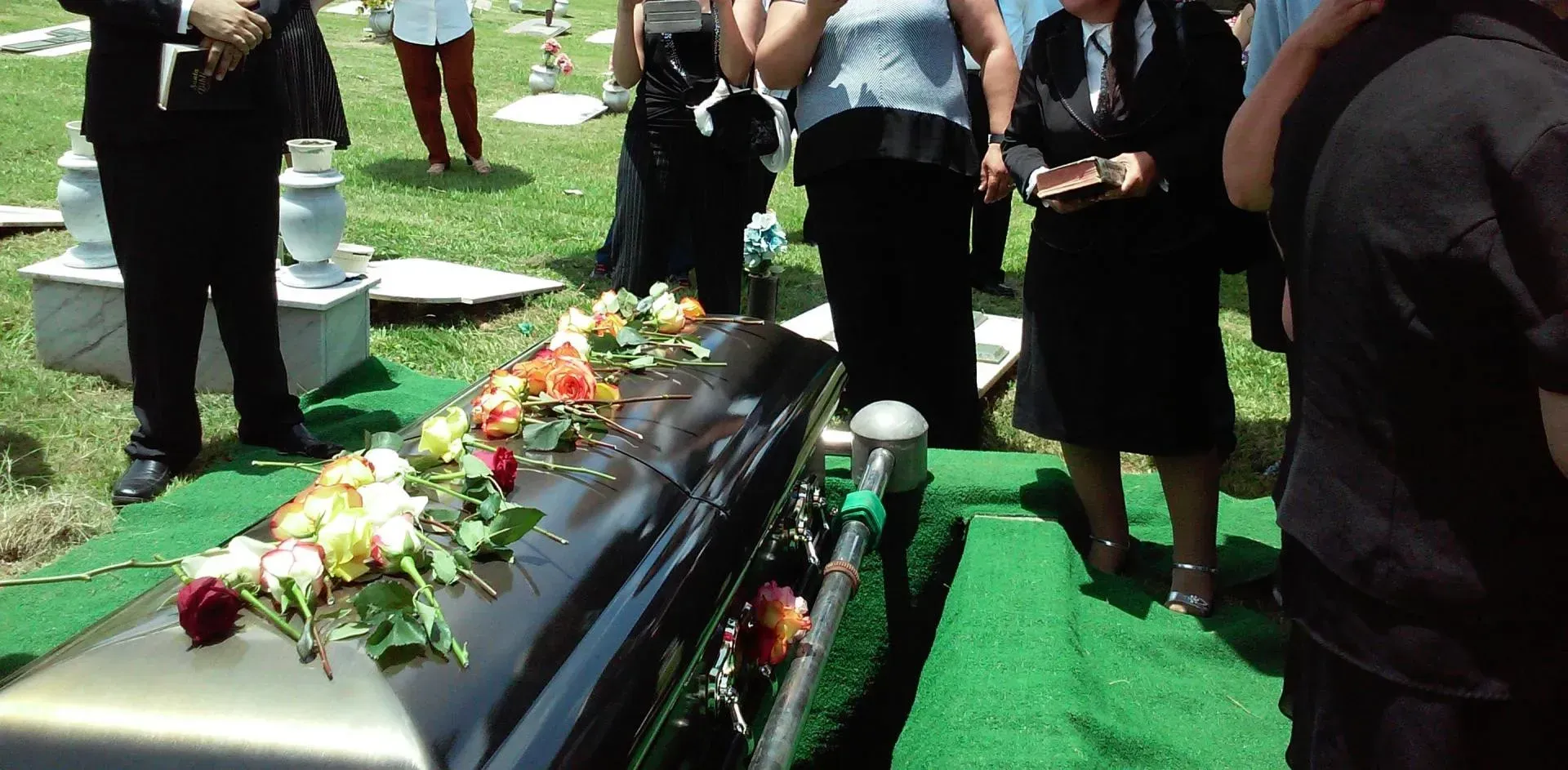
Losing a loved one is one of the most challenging experiences a person can face. Planning a funeral during such a difficult time can feel overwhelming. Morris Funerals & Cremation Services LLC is here to help you navigate the process and honor your loved one's memory with compassion and dignity. As a trusted funeral home in Washington DC and DC metropolitan area, we have served families for many years, providing respectful and personalized services. Understanding the Process of Planning a Funeral Home in DC The process of planning a funeral home in DC involves making many decisions at a difficult time. We understand that this can be an emotional and stressful experience, and we are here to provide support and guidance. Some of the key decisions include: Choosing a funeral home: Choosing the right funeral home is important. At Morris Funerals & Cremation Services LLC, we provide compassionate and professional services to ensure that you have a personalized and respectful experience. Selecting the type of service: There are different types of funeral services available, including traditional funeral services and cremation services. We offer a range of options to meet your specific needs and preferences. Arranging the details: Planning a funeral involves a range of details, from selecting the casket to choosing the music for the service. Our team of experienced funeral directors is here to guide you through each step of the process and answer any questions you may have. Honoring Your Loved One's Memory with Respect and Dignity At Morris Funerals & Cremation Services LLC, we understand the importance of honoring your loved one's memory with respect and dignity. We offer a range of services to ensure that you can create a meaningful and personalized service. Some of our services include: Traditional Funeral Services: Our traditional funeral services include a visitation, funeral service, and burial or cremation. We can customize the service to meet your specific needs and preferences. Cremation Services: Our cremation services include direct cremation or cremation with a service. We offer pre-arranged cremation services in Washington DC for those who want to plan ahead. Veteran Funeral Services: We honor the sacrifice and service of our veterans with special veteran funeral services. We provide assistance with VA benefits, including arranging military honors, burial flags, and government markers. Pre-Arrangement Funeral Services: Pre-arranging your funeral can provide peace of mind and ensure that your wishes are respected. We offer pre-arrangement funeral services in Washington DC to help you plan ahead. Choosing the Right Funeral Home in Washington DC Choosing the right funeral home in Washington DC is an important decision. You want to work with a funeral home that is compassionate, professional, and has your best interests at heart. Morris Funerals & Cremation Services LLC is a trusted funeral home in DC and DC metropolitan area, providing respectful and personalized services to families during their time of need. Conclusion At Morris Funerals & Cremation Services LLC, we understand that planning a funeral can be an emotional and challenging experience. Our compassionate and professional team is here to guide you through the process and provide support every step of the way. We offer a range of personalized services to ensure that you can honor your loved one's memory with respect and dignity. Contact us today to learn more about our funeral home in Washington DC and how we can help you plan a meaningful service.
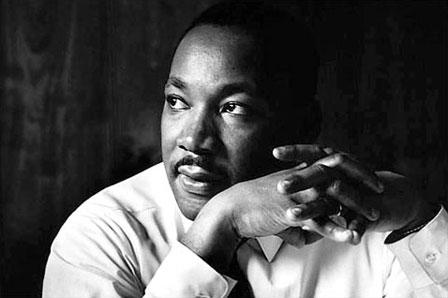
Martin Luther King Jr. asked us: "What Are We Doing For Others?" In his work he showed, with his actions how he helped those who needed him the most. The phenomenal poet and civil rights activist, Maya Angelou stated: "When a person shows you who they are, believe them." These two resilient souls have ensured us that its your actions that speak the loudest. We thank God for sharing them with us and leaving behind such a powerful message that we all can grow from. Dr. Martin Luther King Jr. was assassinated on April 4, 1968. King was laid to rest at South-View Cemetery before being moved to the Martin Luther King Center and Morehouse College. May the actions that he graced us with continue to leave a footprint on every generations heart.

After death, the body undergoes Cadaveric spasm movements. These movements are expected in early stages of a corpse. Some of the factors that cause the movements are, geographical locations where the body was found, seasons, and fat content, etc. There are also factors that speed up the rate of post-mortem changes, such as, open injuries or infections and hot or humid weather, etc. However, according to some new research it has been discovered that, the corpse still moves after it is buried for more than a year. After using time-lapse cameras to film decomposing corpses for 30 minutes during the day. Researchers at an Australian Facility for Taphonomic Experimental Research (AFTER), discovered the entire time, the body continued to move. To find out more about this shocking information, click the link. https://www.sciencealert.com/the-writhing-dead-turns-out-human-corpses-move-around-quite-a-bit-as-they-decompose

